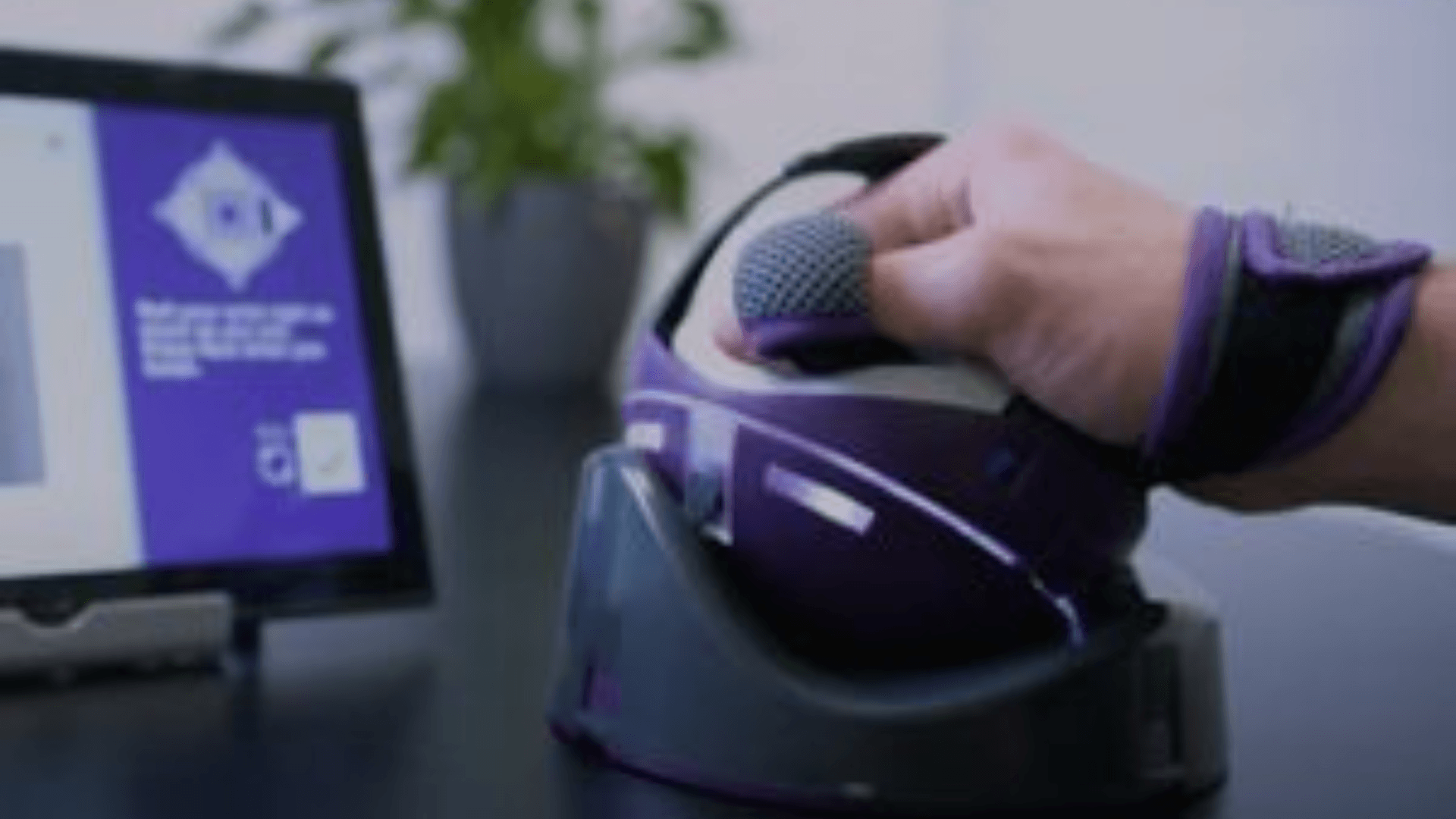Currently, over 75% of neurologically injured patients, including stroke to traumatic brain injury and spinal cord injury survivors, face long-term disabilities and a lack of functionality because of insufficient neurorehabilitation. In-patients only receive a few hours of rehab a week, due to shortages of occupational therapists, whilst at-home therapy programmes are unengaging and patients have little support once they are discharged. This is not only demotivating and upsetting for patients, but expensive too. In the U.K., more than 100,000 people have strokes a year, with care costing the NHS around £3 billion annually and the loss of productivity to the U.K. economy due to disability and informal care costing £4 billion.
Attempting to overhaul this unsatisfactory approach to neuro rehabilitation, UK-based health tech Neurofenix has raised $7 million in Series A funding for its neurological rehabilitation platform that uses sensor technology to improve patient recovery outcomes. This funding was led by AlbionVC, with participation from HTH, InHealth Ventures, and existing investors. The Series A funding is in addition to an undisclosed amount of seed funding.
The extra cash in its wallet will allow Neurofenix to build out its product line and invest in the U.S. expansion, including funding its U.S. clinical trials.
Founded in 2016 by Guillem Singla Buxarrais and Dimitrios Athanasiou, the startup aims to revolutionise how neurological rehabilitation is delivered to drive better outcomes and recovery for patients.
The startup’s rehab programme currently focuses on arm and hand therapy through its NeuroBall device. Designed with input from over 300 therapists and patients, the device is personalised to each patient based on their current needs and enables them to perform increasingly challenging, repetitive movements to help build up strength. The real-time feedback means they can see their progress on leaderboards to help motivate them to continue.
Guillem Singla Buxarrais, CEO and co-founder of Neurofenix, said: “In clinical studies, NeuroBall was proven to motivate patients to do hundreds of movement repetitions independently at home, which led to significant improvements in the range of motion, reduction of arm pain and return to daily activities using their arm and hand after a stroke. This has proven transformative to neuro-rehab as previously patients would not have access to in-person physical or occupational therapy.”
Andrew Elder, deputy managing partner at AlbionVC added: “Neurofenix is poised to revolutionize physical recovery after a neurological injury, such as a stroke, traumatic brain injury or spinal cord injury. Its digital therapeutics platform, which can be used in rehabilitation clinics and by an individual bringing clinical-grade treatment into the home, which generates recovery of movement, strength, and activities of daily living faster and with better results.”



Would you like to write the first comment?
Login to post comments